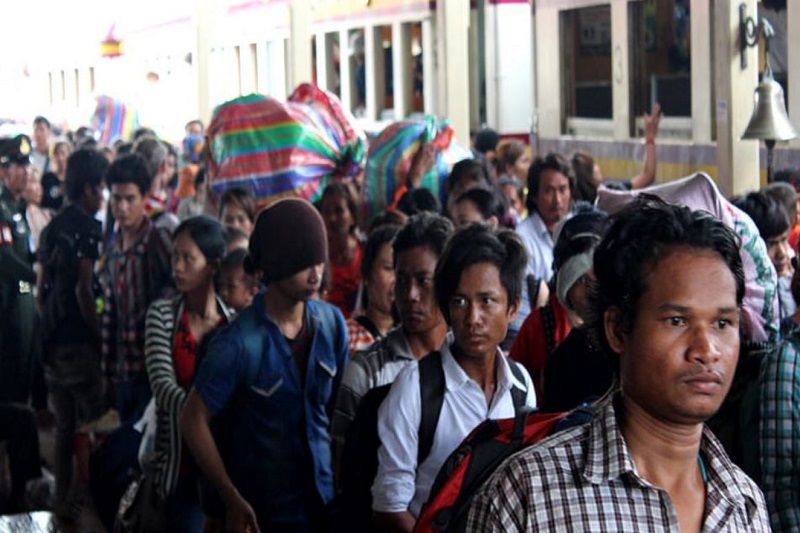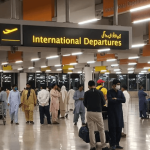
COVID-19: Cambodian labor in a mess
The COVID-19 pandemic has plunged the life of labor migrants in Southeast Asia deep into chaos. Labor-exporting countries, like Cambodia, have seen a hefty drop in remittances sent by migrant workers. The lives of labor migrants are marked with pandemic-related restrictions, government lockdowns, business closures, and quarantines – all have played havoc on their livelihoods.
As per the National Bank of Cambodia, remittances sent by Cambodian migrant workers came to just $1.2 billion in 2020 – marking a drop of 17 per cent compared to $1.5 billion in 2019.
The disruptions as a result of the COVID-19 pandemic have brought forth many structural challenges. COVID-19 has thrown light on how unprecedented and drastic measures taken by states to combat the virus have imposed additional challenges for migrant populations.
Even though many countries have inked social programs to secure their citizens’ economic well-being and health within their borders, mobile and vulnerable groups like migrant workers primarily have not been included in these policies.
Related Posts
The social and health impacts of the pandemic on Cambodian migrant workers who returned from Thailand shows the gaps in the programmes of social assistance and services to this group. As per a study, over 49 per cent had experienced problems in accessing healthcare services back home because of financial constraints or long distances from specific service providers.
It merits a mention that access to social protection is an emerging issue, specifically for those at work in overlooked sectors, including the informal economy. They see exclusion from various benefits that increase vulnerability to economic shocks, especially during challenging times.
The social benefits for migrant populations are uncertain, uneven, and vague, particularly for low-skilled workers. Those with a high skill set may have less difficulty accessing benefits because they have access to quality education, are usually familiar with the culture of their host country, and receive greater acceptance from local people generally.















